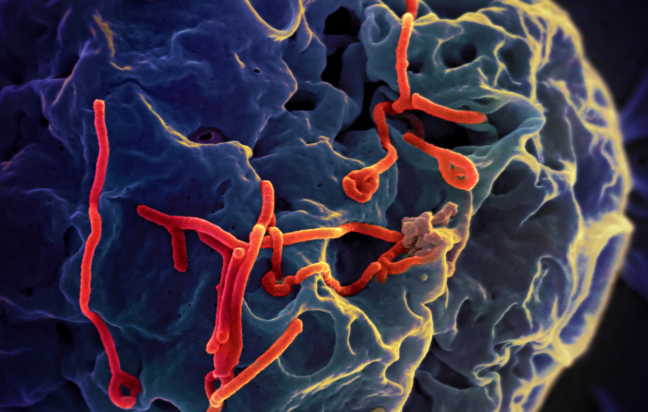The federal government has determined they cannot identify ethical problems in research that People for the Ethical Treatment of Animals raised in a campaign against the University of Wisconsin earlier this year.
The United States Department of Agriculture released the inspection report of three visitations conducted by the Animal and Health Inspection Service on Sept. 28, Oct. 2 and Oct. 5 to The Capital Times yesterday.
According to the report, “no noncompliant items were identified during the inspection.”
USDA spokesperson David Sacks said the inspection was not part of an investigation, but rather was an effort to enforce the Animal Welfare Act, which denotes the federal care standards required of all individuals and facilities.
Sacks, who said the department does regular inspections of facilities researching warm-blooded animals, said this particular inspection was in response to PETA’s complaint that gained attention last month accusing UW of animal cruelty in relation to the use of a cat for hearing experiments.
However, after looking into PETA’s allegations against the university, which included multiple violations of the Animal Welfare Act and specifically inadequate anesthesia vet care, USDA found there was nothing out of compliance, Sacks said.
Eric Sandgren, UW’s animal research oversight director, said he is pleased
with the USDA report as it confirms the university’s initial response to dispute what they found to be “inaccurate” charges.
However, according to PETA’s Associate Director of Laboratory Investigations Justin Goodman, the report only reflects poorly upon the university and the USDA as a federal agency.
“The USDA, like UW-Madison, apparently thinks it’s acceptable to mutilate, deafen, starve, paralyze and decapitate cats, but PETA sees this violence for what it is – cruelty to animals,” Goodman said in an email to The Badger Herald.
According to Sandgren, the USDA inspector evaluated the facilities, animals and the personnel, all in line with PETA’s complaint letter.
Sandgren added the inspection focused on both the 2008 protocol, which the PETA complaint addressed, as well as the current 2012 protocol.
Nothing was cited on the report, Sacks confirmed. According to Sacks, as far as the USDA is concerned, this report is conclusive.
“We looked into the matter,” Sacks said. “We did a focused inspection for what was on the complaint and that closes the matter for us.”
In an email to The Badger Herald, Goodman said PETA is disappointed with USDA’s judgement but is “not surprised by the agency’s callous inaction,” adding the government agency has “failed to do its job” before.
Sandgren said he expects PETA to continue with allegations against the university.
Sacks said PETA is welcome to continue their case, but will see no further involvement from the government.
“PETA can do what it feels is necessary, but once we look at a complaint and see there is nothing out of compliance, our work is done,” Sacks said.
Goodman confirmed PETA will continue to pursue their case, despite the USDA inspection and report, adding the organization is committed to its “vigorous” campaign to end all animal testing.
Sandgren acknowledged PETA’s general goal to end animal research, adding although finding middle ground with animal rights activists like PETA will be difficult, efforts are being made.
“Given the way people in this country seem to be becoming more polarized, I think that [finding common ground] will be difficult,” Sandgren said. “But I think there [are] active efforts in Madison with animal rights activists to find middle ground. This doesn’t mean they will be successful, but there are efforts.”



















